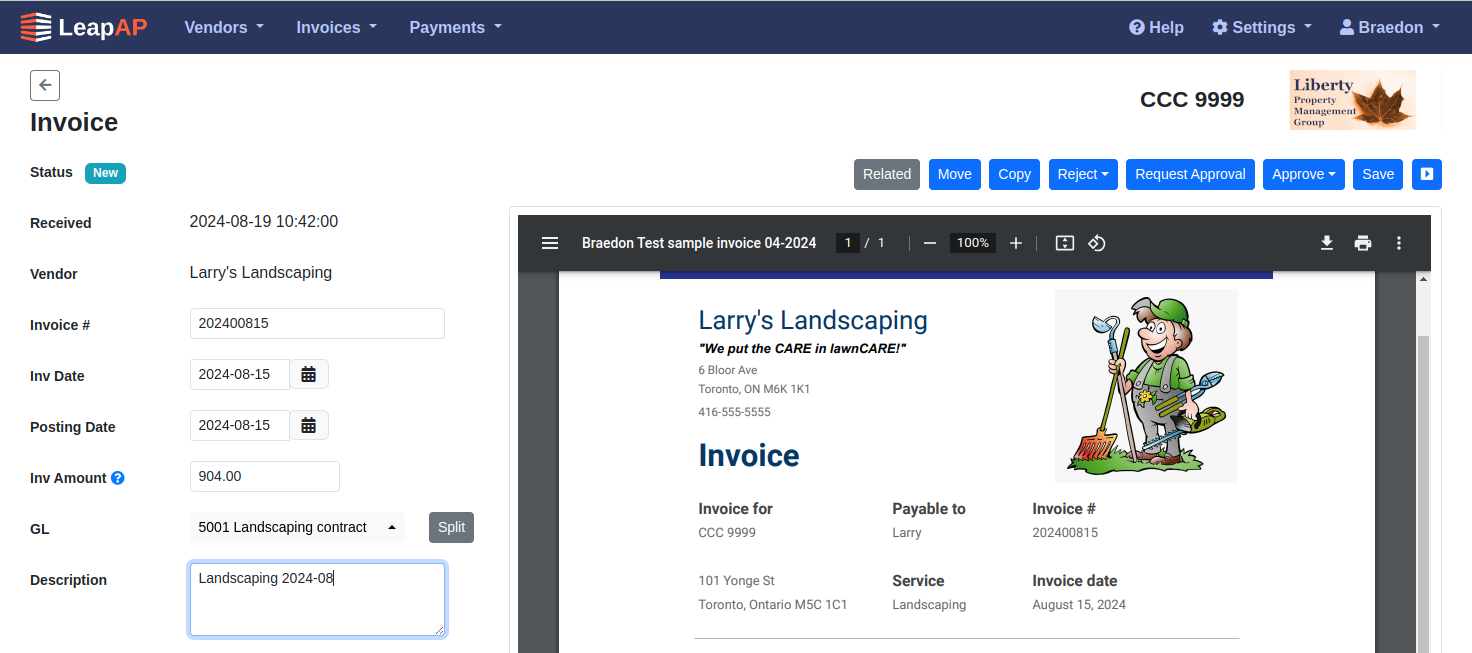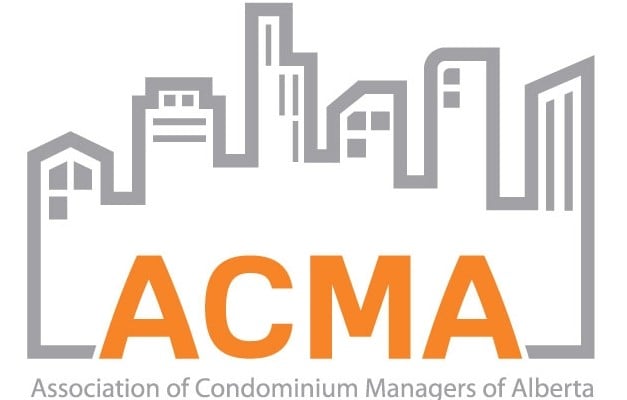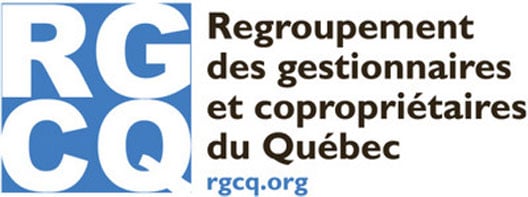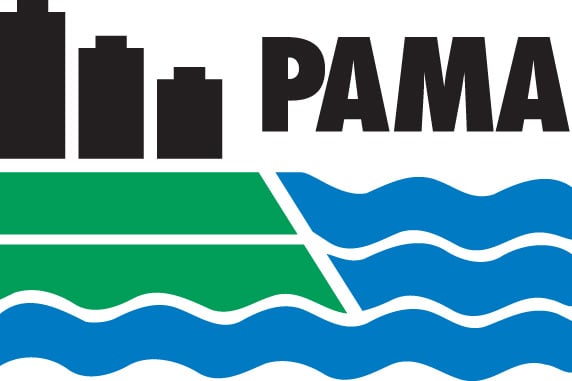Much has been discussed about how condos are affected during the COVID-19 pandemic ( 5 Ways Condo Management Has Been Affected by Covid-19). We wanted to take this opportunity to discuss more specifically about an aspect of condo management that has been brought up more often than not among property managers: Annual General Meetings. In a recent development, the Ontario Government went ahead and suspended the mandated condo AGM deadlines while permitting e-meetings/voting. We suspect other jurisdictions will do the same around North America, that is if it already has not been done.
Given the developments and the uncertainty surrounding the Coronavirus, we felt it would be an opportune time to help you ensure e-meetings are run smoothly. Here is a checklist of things to be on top of in advance of a condo's e-meeting. (Note: each jurisdiction has different laws around how meetings are to be held so it remains important to consult the law. There remain jurisdictions that do not yet formally allow e-meetings).

1. Notice of Meeting
Generally, the Notice of Meeting requires information such as the resolutions, reports and agenda. It is also important keep in mind that in regulations, law and by-laws there may be provisions that prescribe the timeline to send notifications in a lawful manner - those must be followed at the risk of meetings deemed invalid.
2. Registering Attendees
Not all e-meeting platforms have features that cater precisely to the management of registering attendees. It is possible that this may have to be done manually. What is important is that whether online or offline, there needs to be a proper record of attendees. That record will determine whether a person has the rights to attend the meeting.
From an electronic platform standpoint, the above may mean that legitimately registered attendees obtain a password to enter the meeting room.
3. Proxy Management
Similar questions need to be answered for managing proxies. This adds an extra layer of registrant classification.
Beyond just the classification of proxy holders, there is a certification process that must be adhered to in order to ensure that rules around proxy identification are respected. This can be done via email and also a system to store and document the copies.
4. Quorum Management
Quorum can be a challenging aspect of running e-meetings. The quorum needs to be a) reported and b) maintained throughout a meeting. The proper use of electronic tools can be an incredible solution to this task. Software products such as GetQuorum can be of great use. What is most important is that by-laws impose certain conditions to apply and maintain a Quorum. The software product used must be one that can be customized with those varying conditions.
5. Processing Votes
Given that the meeting is held online, there will obviously be no voting cards. As such, there needs to be a method that lawfully replaces it. The electronic tools nowadays that cater the e-meetings generally have functionality to register and record votes. They are fairly straightforward and also quite accurate.
6. Record of Meeting
The more elaborate systems have functionality to recording electronic meetings. This is a very powerful and useful feature as it allows the board to document things in order to avoid future conflicts.
The only thing to watch out for in this instance, is to obtain consent from the owners at the beginning of the meeting of the recording of the meeting.
We at Condo Manager sincerely hope you remain safe and hope this soon passes. If you have any questions or comments, please feel free to reach out to us.













